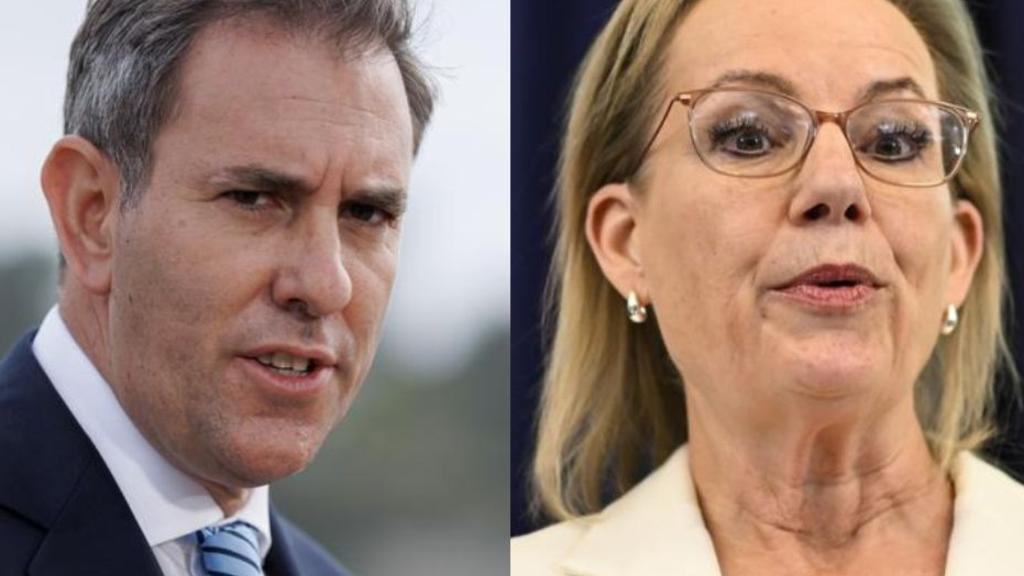
UPDATE: Australian Treasurer Jim Chalmers has issued a stark warning that scrapping the country’s net zero target could jeopardize over $11 billion in critical minerals investments. Chalmers described the proposal as “economic insanity,” highlighting the urgent need for Australia to maintain its commitment to renewable energy.
In a powerful statement released on Sunday, Chalmers emphasized that halting Labor’s renewable rollout could not only deter private capital but also destabilize the entire energy market. “Abandoning net zero would swing a wrecking ball through the energy market, through investor certainty, and put billions of dollars of critical minerals projects at risk,” he asserted.
Critical minerals, essential for modern technologies and renewable energy, are at the forefront of Australia’s economic strategy. The federal government aims to position Australia as a key player against China in this sector, recently sealing a $13 billion deal with the United States.
Deloitte’s latest Investment Monitor report indicates that there are plans for over $11 billion in critical minerals investments across Australia. Chalmers underscored that achieving carbon neutrality by 2050 is crucial for fostering investor confidence. “The net zero transformation is a golden economic opportunity for Australia,” he said.
Chalmers warned that the Coalition’s stance could lead to significant economic repercussions. “Not pursuing net zero by 2050 risks lower economic growth, reduced investment, missed export and employment opportunities, and higher electricity prices,” he elaborated.
The Coalition, however, countered these claims. Opposition finance spokesman James Paterson argued that the government’s renewable policies are driving up energy costs for consumers and manufacturers. “Affordable energy is our number one priority,” he stated in a Sky News interview. Paterson accused the Labor government of prioritizing net zero targets over energy affordability, which he claims is harming Australian households and industries.
As the debate intensifies, the economic implications of these policies are becoming increasingly clear. Chalmers’ remarks reflect a growing urgency for Australia to stay committed to its renewable energy goals, especially as the critical minerals market evolves globally.
With the stakes higher than ever, both sides of the political aisle must grapple with the potential fallout from abandoning net zero. As Australia stands at this crossroads, the decisions made in the coming weeks will have lasting impacts on energy prices, investment opportunities, and the nation’s economic future.
Stay tuned for further updates on this developing story as it unfolds.






